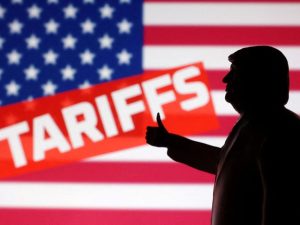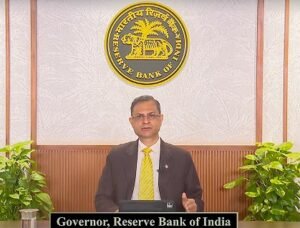
Last Updated on June 27, 2025 12:25 pm by BIZNAMA NEWS
R. Suryamurthy
The controversial Section 899, often dubbed the “revenge tax,” has been removed from the U.S. “One Big Beautiful Bill Act.” The decision comes after a crucial understanding reached within the G7, which is expected to exempt U.S.-headquartered groups from the OECD’s Pillar Two global minimum tax.
Section 899 was designed as a counter-tax mechanism, targeting investors and companies from countries that the U.S. deemed to impose “unfair foreign taxes,” including Pillar Two, digital services taxes, or diverted profits taxes. Its potential enactment had caused considerable concern among global businesses and investors.
U.S. Treasury Secretary Bessent reportedly requested Congress to drop Section 899 from the legislation following the G7 understanding. This agreement is seen as a major step towards ensuring that foreign jurisdictions will not levy the 15% global minimum tax on U.S. multinational groups under the OECD Pillar Two framework.
The withdrawal of Section 899 has been widely welcomed, particularly in countries like India, which had adopted or were planning to adopt Pillar Two and digital taxes.
“The decision to drop Section 899 is a welcome development for India,” stated Amit Maheshwari, Tax Partner at AKM Global, a prominent tax and consulting firm. “This section was a form of retaliatory tax affecting countries that adopt Pillar 2 or digital taxes like India. If it had been enacted, Section 899 could have significantly raised withholding taxes on Indian companies and Indian investors with U.S. sourced income.”
Maheshwari highlighted the broad impact Section 899 would have had on Indian businesses, family offices, and funds investing in U.S. equities, debt instruments, and real estate, by increasing their costs. “Its withdrawal ensures that the India-US treaty benefits are still continued and investor confidence is maintained,” he added.
Furthermore, Maheshwari noted that India, as a signatory to the inclusive framework on BEPS Pillar Two solution, can now proceed with implementing its own Domestic Minimum Top-up Tax under OECD Pillar Two in the future, despite India’s current tax rates already exceeding 15%. For Indian multinational groups operating in the U.S., the rollback of Section 899 removes uncertainty around higher tax costs and affirms a more stable international tax landscape.
This move is expected to foster greater predictability and cooperation in the global tax arena, preventing a cascade of retaliatory tax measures and promoting a more harmonious international economic environment.
(R. Suryamurthy is a senior economic journalist based in Delhi.)ta





